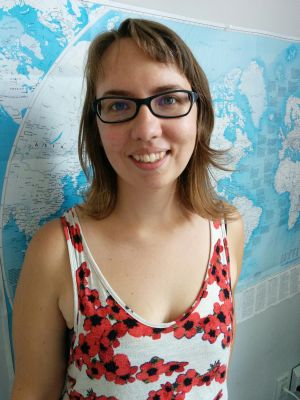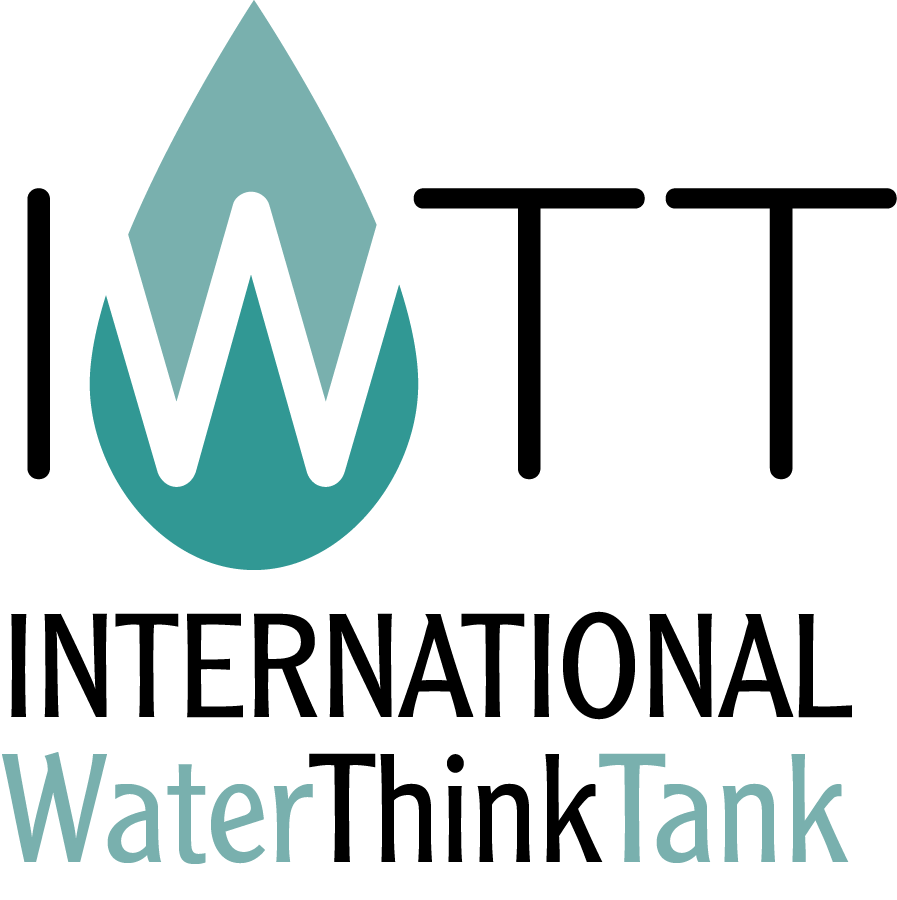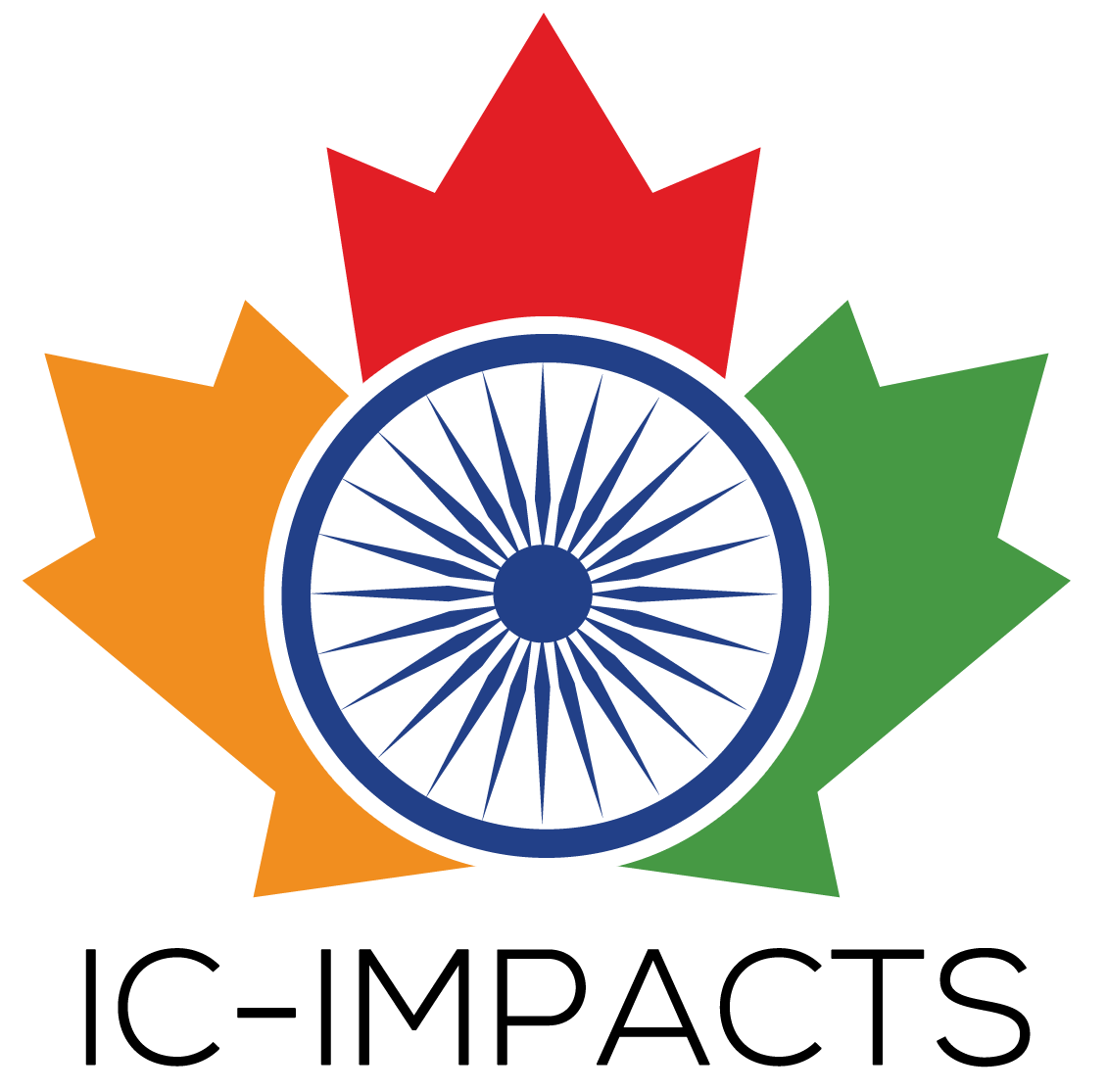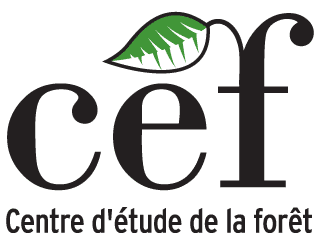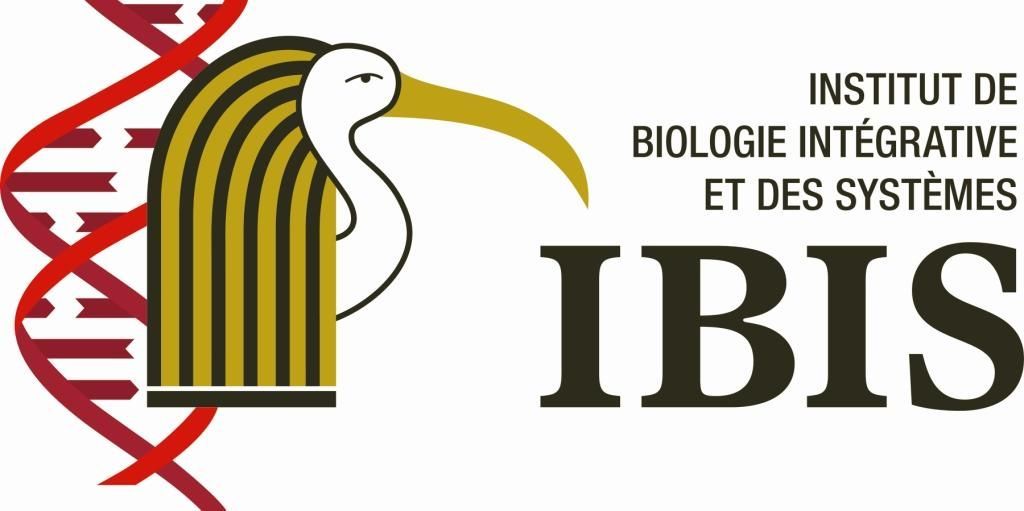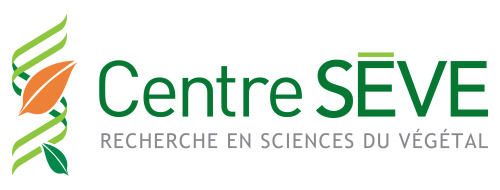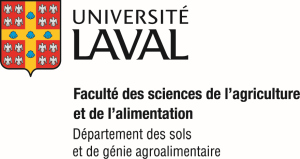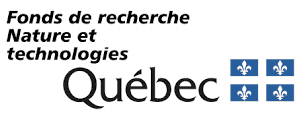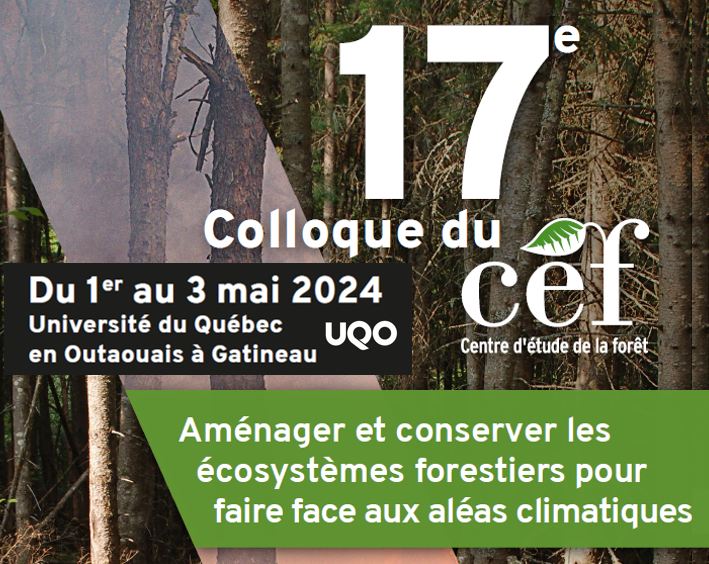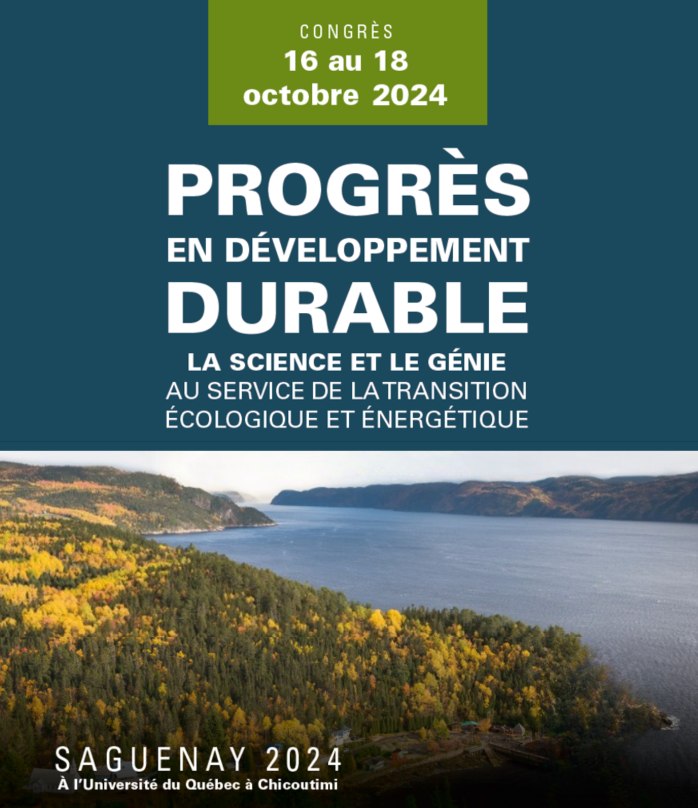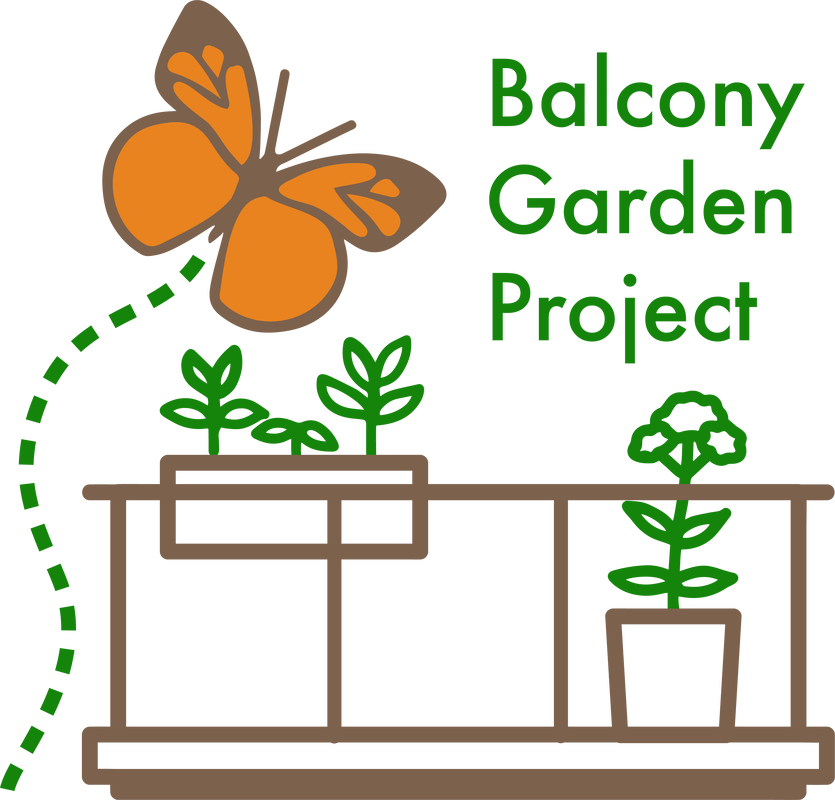
International Water Think Tank (IWTT)
1-2 MAY 2023
Join us at Grand Salon in pavilion Alphonse-Desjardins, or online via Zoom:
Water is our most precious renewable resource on Earth; being essential to human health, environmental sustainability and economic prosperity. With water under pressure from over-exploitation and pollution, not surprisingly one of the UN Sustainable Development Goals (Goal 6) focuses on the availability and sustainable management of water and sanitation for all. Currently, more than 2 billion people have to cope with scarce water resources, which will only increase with population growth and ever-changing climate conditions. Agriculture, mining and processing industries play significant roles in national economy, but sometimes produce considerable amount of waste and by-products that are major contributors of water pollution. The IWTT aims to unite water researchers across disciplines to explore the various and interconnected challenges around sustainable water access for our future societies in Canada and abroad. The main goal of this conference is to identify key issues to the world’s most pressing water challenges globally, while fostering communication, collaboration, networking and dialogue between students, academic experts, water professionals, private and government organizations as well as North-South and South-South scientific and technical cooperation for global sustainable and integrated water resources management.
Graduate students, postdoctoral fellows, early- and established career researchers are invited to submit abstracts in the following themes:
- Global Water Access and Governance
- Water quality monitoring and management
- Water and Wastewater Treatment
- Water and public health
Eight keynote speakers will give talks related to the above-mentioned themes. Selected speakers will also give oral presentations and share their expertise with the participants. Early-career researchers, graduate and postdoctoral students will also get the opportunity to present their work. Keynote presenters will share their experiences and knowledge of water challenges and solutions of the past, present and future. Following each keynote, we will hold a 40 minute roundtable discussion where we invite all participants in the International Water Think Tank to share their own water stories, which will be captured in a follow up report on the challenges and opportunities for a safe water future. The conference will be held at Université Laval (the oldest University in Canada) in Quebec City where the historical district of Old Quebec is one of the UNESCO World heritage sites in Canada.
Keynote Speakers

Dr. Madhu Verma
Madhu Verma is the Senior Economic Adviser at the IORA Ecological Solutions, New Delhi. Prior to joining IORA in February 2023, she worked as Chief Economist at the World Resources Institute (WRI), New Delhi India 2019- 2023; as Professor of Environment & Developmental Economics at the Indian Institute of Forest Management, an MoEFCC organization for 25 years and for Ten years with Bhopal University and Govt of Madhya Pradesh. Her expertise includes Ecosystem Services Valuation & Green Accounting, Conservation Finance, Payment for Ecosystem Services, and Incentive Based Mechanisms mainly for Forests. Wetlands, Rivers, Land, Desert, Marine & Coastal, Grasslands and Himalayan Ecosystems and nature Based Solutions for several international organisations and Indian Ministries and state departments.
She does action and policy research; has 39 years of work experience and led many influential projects in the said areas. She is a Fulbright Nehru Environmental Leadership Fellow, USA (2012); LEAD UK Fellow (2007) and World Bank Fellowship awardee (2001). And has more than 50 papers and 50 + reports to her credit. Co-authored Millennium Ecosystem Assessment (2004-06); The Economics of Ecosystems and Biodiversity (TEEB) and Intergovernmental Science and Policy Platform for Biodiversity and Ecosystem services (IPBES) (2013-conti.) At IORA she has been advising of similar such projects on biodiversity valuation, green accounting, payment for ecosystem services for USAID, UNDP etc. and several Ministries & state governments. Before leaving WRI, she accomplished WRI’s Flagship study on ‘Approaches for Doubling Farmers Income in India - Agroecological System based Considerations’ including Economics of Nature Based Solutions.
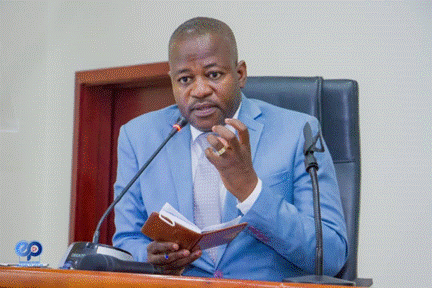
Professor Raphael Tshimanga
Raphael Tshimanga is a Professor of Hydrology and Water Resources at the University of Kinshasa, DRC. His is the Director of the School of Water and the Congo Basin Water Resources Research Center (CRREBaC). He has just won the 2022’s Distinguished Alumni Awards from Rhodes University in South Africa and the 2022’s Second Best research of the University of Kinshasa in DRC.
His achievements over the last decade have contributed to the funding of several international research and capacity building projects on water resources in the Congo Basin and Africa. His work has also contributed to the development of innovative new tools such as the CB-CIS (Congo Basin Catchment Information System) for integrated management and planning of water resources in the Congo Basin. This comes as a result of fruitful collaborative efforts between partner intuitions from Africa, Europe and America.
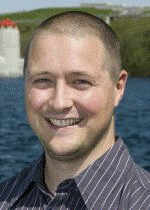
Professor Kela Weber
Kela is a Professor in the Department of Chemistry and Chemical Engineering, and the Director of the Environmental Sciences Group (ESG) at the Royal Military College of Canada. He is also a practising Professional Engineer involved in the design and implementation of site assessment and remediation programs.
The heart of Kela’s fundamental research program investigates microbial communities and the fate and effect of emerging contaminants in environmental systems. His applied research program supports the management of contaminated sites in Canada with a focus on remote sites and emerging contaminants (PFAS in particular).
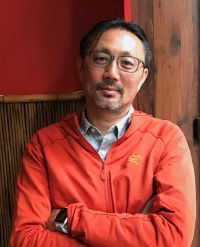
Professor Chung-Ho Lin
Dr. Lin is the Research Professor who leads the bioremediation and natural products research programs at the Center for Agroforestry at University of Missouri. His primary research involves the use of plants, microbes and engineered enzymes for bioremediation, ecological restoration and development of bioeconomy. Dr. Lin’s primary research foci include: 1) development of conservation and bioremediation strategies for remediation of organic pollutants, 2) development of novel molecular, analytical and metabolomic techniques to characterize the fate and transport of the human pathogens (e.g., SARS-COV2) and organic pollutants, and 3) utilizing wastewater informatics as a tool to assess the community well-being, health and social behaviors.
During the SARS-COV-2 pandemic, Dr. Lin has successfully redirected the analytical resources and has been co-leading one of the largest coronavirus sewershed surveillance program in the U.S.
Professor Madjid Mohseni
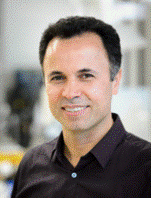
Madjid Mohseni (Ph.D., P.Eng.) is a Professor at the University of British Columbia, and an expert in drinking water quality and treatment. Dr. Mohseni’s research involves laboratory scale development and investigation, as well as field evaluation of the technologies under real operating conditions at partner community sites.
Dr. Mohseni is the Scientific director of the RESEAU Centre for Mobilizing Innovation, a multi-disciplinary Knowledge Mobilization program funded by Canada’s Networks of Centres of Excellence (NCE) and partners from industry, communities, government and NGOs, focusing on achieving socioeconomically and technologically sustainable outcomes in water health and well-being for Indigenous and non-urban communities.
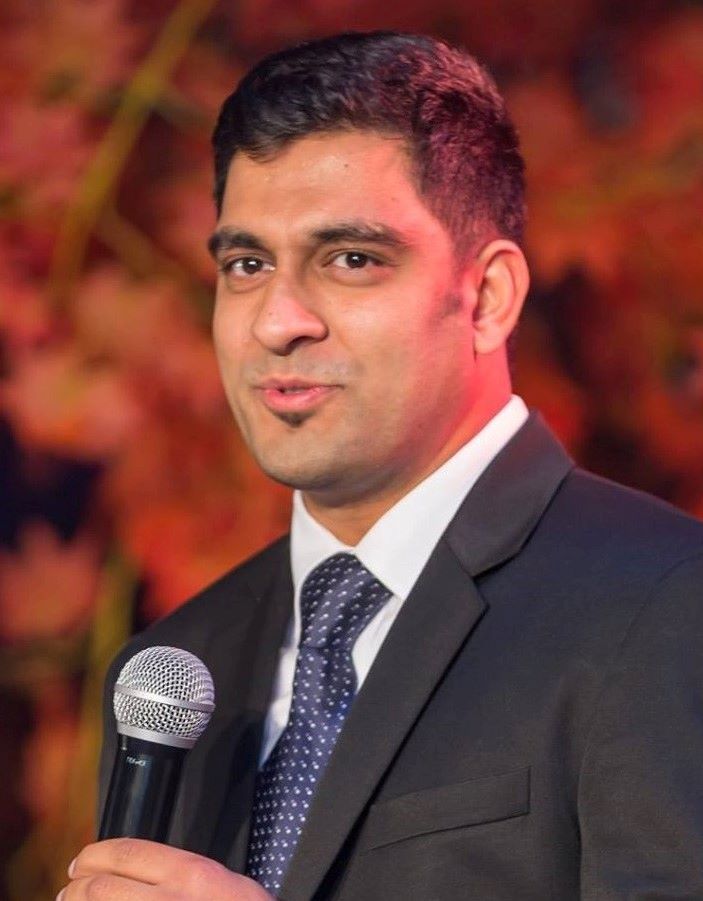
Fuhar Dixit
Fuhar Dixit is currently a postdoctoral scholar at the University of California Berkeley investigating practical solutions to address the global challenge of drinking water scarcity. Fuhar’s doctoral research focused on the use of anionic ion exchange resins to target toxic per- and poly-fluoroalkyl substances (PFAS) and disinfection by-products (DBPs), two of the most common and harmful forms of contamination. At Berkeley, his research focuses on the detection, treatment and bioremediation of PFAS in the environment.
In particular, he is examining the fate and transport of PFAS and its precursor compounds by augmenting the total oxidizable precursor (TOP) assay. In addition to his research contributions towards the field of environmental remediation, Fuhar strives towards the protection of wildlife and natural resources. He is a member of UC Berkeley’s Plant Futures Chapter and was a part of the UBC Thunderbirds Badminton Team during his doctoral studies.

Dr. Kerry Black
Kerry Black is an Assistant Professor, Canada Research Chair (Integrated Knowledge, Engineering & Sustainable Communities), and UNESCO Co-Chair in Mountain Water Sustainability in the Department of Civil Engineering, at the University of Calgary. Her research focuses on sustainable water and wastewater management in Indigenous communities and sustainable infrastructure for healthy and resilient communities.
Over the past 15 years, she worked extensively in the academic, public, private and non-profit sectors, employed in technical, scientific, policy, and management roles. The majority of her experience has included working with First Nations on urgent and pressing issues across Canada.
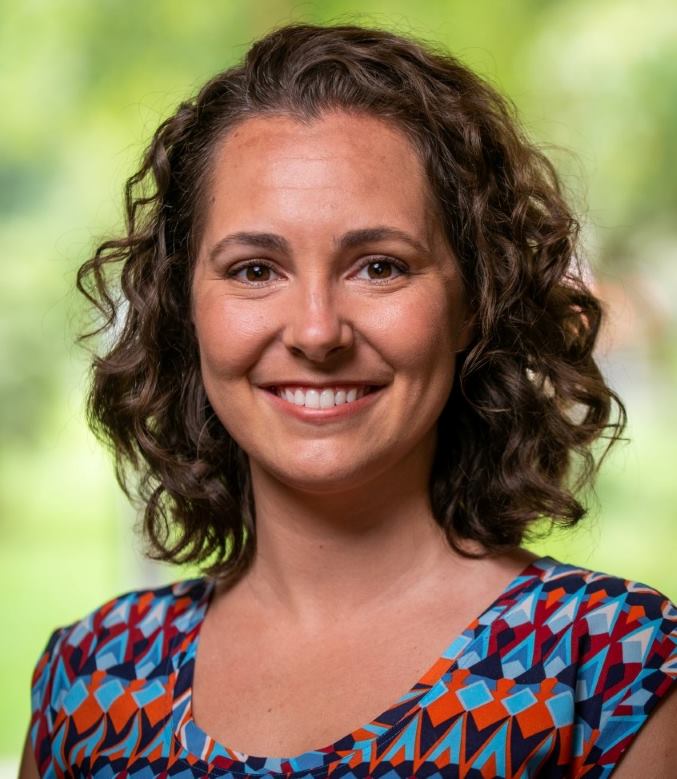
Dr. Gabrielle String
Dr. Gabrielle String is an environmental health engineer jointly appointed in the Department of Civil and Environmental Engineering and the Department of Community and Population Health at Lehigh University. Her research is primarily focused on closing critical efficacy and effectiveness evidence gaps for water, sanitation, and hygiene (WASH) in humanitarian and development contexts.
In conjunction with implementing partners, Dr. String uses mixed-methods to evaluate the effectiveness of programs as implemented in the field. Previous projects include community-managed Water Safety Plans, emergency water chlorination, and household disinfection in outbreak response. In the laboratory, her research evaluates the efficacy of WASH protocols and technologies. In particular she is interested in safe water storage and container cleaning, household water treatment, and surface disinfection in households and healthcare facilities. As an interdisciplinary researcher, Dr. String's work contributes to strengthening WASH programming globally.
Program
Each theme will be treated similarly. First, two keynote speakers will share their experience on the topic. These will be followed by roundtable discussions between participants, and four related presentations.
Between these activities will be coffee breaks and lunches, offered at no charge to each registered participant. The first day will end with a banquet meal, for which participants can get tickets on the registration website at 50$ per person.
Prices will be awarded to students at the closing cocktail for best presentations and posters.
On May 3rd, a student workshop on graphic design and communication in science will be offered in the Hydro-Québec auditorium in Pavillon Charles-Eugène Marchand and online from 8 AM to noon. This workshop will be delivered in hybrid mode in English. You would learn how to do a scientific presentation in an engaging way and how to properly present data. Impact Scientifik speakers will present how to define your visual strategy, the basic principles of graphic design for scientists and content visualization to improve the quality of your oral or poster presentations, as well as the data visualization of your publications.
All participants must register (link below), as capacity is limited. A networking lunch will be offered for on-site participants. This training course is free of charge for participants, thanks to support from the IC-IMPACTS.
For a more detailed version of our program, please see this document ![]() .
.
Posters and presentations
We invite you to send your title and abstract for a talk or a poster before April 12th, 2023. Graduate students, postdoctoral fellows and early and established career researchers are invited to submit abstracts in the following themes:
- Water and Community Health and Developpment;
- Water and Environment;
- Water Treatment Technology;
- Water Policy and Governance.
Presentation and poster awards will be offered for best judge score, according to the following price structure:
| Place | Prize |
| Oral presentations | |
| 1st | 550 $ |
| 2nd | 450 $ |
| 3rd | 300 $ |
| 4rt | 200 $ |
| Poster presentations | |
| 1st | 400 $ |
| 2nd | 300 $ |
| 3rd | 200 $ |
| 4rt | 100 $ |
Costs & Registration
Free event
All activities, as well as coffee breaks and lunch boxes are offered for free to all registred participants. Tickets for the banquet meal offered at the end or the first day available for 50$ per person on the registration website.
Lodging
Located on campus and just 15 minutes from downtown Quebec City on the Université Laval campus, the Service des residences offers accommodation in a stimulating environment close to many tourist attractions. To meet specific needs, a number of affordable, customized packages are available. Practical, economical, and safe, our short-term accommodation offers you an unforgettable experience full of life and culture. Our four residences are also just five kilometers from the Quebec City Convention Center. The city bus (Metrobus 800 or 801) will get you there in only fifteen minutes.
From April 30th to May 3rd, 2023
- Standard university room (shared bathroom), $47.75 + taxes/night in single occupancy
- Standard university room (shared bathroom), $63.25 + taxes/night in double occupancy
- Superior university room (private bathroom), $105 + taxes/night
If you need more information or for a reservation, please contact us by email hebergement@sres.ulaval.ca or by phone 418-656-5632 and use the reservation number #330003.
Wireless network access
Université Laval offers a free wireless Internet service (UL_Visiteur_Guest) for its visitors. Ideal for mobile devices, this access allows you to consult emails and social networks. The visitor only has to accept the conditions of use to connect to it. No user code is required for this access, valid for two weeks and renewable.





